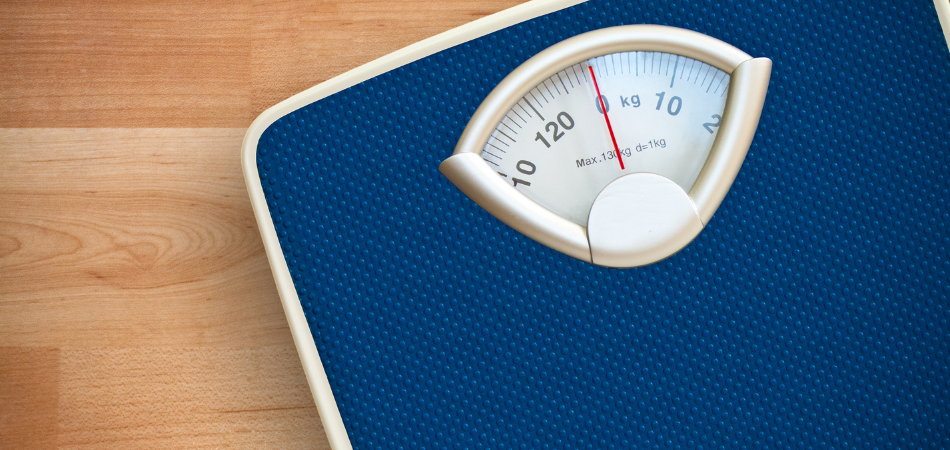
In the last few months, we have seen petrol prices significantly increase, mortgage rates have become a daily concern and the cost of heating our homes has become an ever-present worry. The money troubles we face in this cost of living crisis is music to the ears of an eating disorder. This condition is always looking for ways to manipulate the 1.25 million sufferers in the UK, and this is the perfect time for conditions such as Anorexia, Bulimia and Binge-Eating Disorder to wreak havoc on Britain.
In this four-part series, we have covered the current financial crisis and its impact on addiction. In our final article, we outline the potential problems that the cost of living crisis is likely to pose for people with these unforgiving behavioural addictions.
The hidden costs of a recession
Imagine a young mother already worried about how she is going to feed her family. An eating disorder like Anorexia Nervosa is a persistent voice in her head telling her that she doesn’t need to eat today or to skip a few meals, in order to save the money for the kids’ food. It provides a perfect excuse not to eat. Similarly, a person with a binge eating disorder who is concerned about being able to pay their rent may use inflation as an excuse to buy a high volume of cheaper food, such as sugary snacks, rather than investing in ingredients for healthy meals, to give them some temporary relief from the current climate.
The impact on treatment
One of the most noticeable impacts of the cost of living crisis on those with eating disorders is that getting treatment may be more difficult. There are two main reasons for this:
NHS waiting times
First of all, long waiting lists which have become an NHS epidemic have seen many people unable to access the treatment they need. Unfortunately, these waiting lists are only set to get longer as nurses, ambulance drivers and potentially other employees in the NHS are set to strike as their pay is not enough for them to keep up with the cost of living.
NHS data revealed that only 68.1% of the 536 children and young people (CYP) who needed urgent treatment for an eating disorder began treatment within the one-week target and 44% of the remaining CYP were still waiting twelve weeks after being referred.
Furthermore, of the 2,326 CYP referred for routine treatment, only 68.9% began treatment within four weeks, with 38% still waiting for “non-urgent appointments” after twelve weeks.
Receiving treatment as early as possible is critical for successful eating disorder recovery so, these waiting times could have potentially disastrous consequences.
Lack of funds for private treatment
The cost of living crisis means that fewer people will be able to pay for private eating disorder treatment. There are many excellent recovery centres which provide affordable treatment programmes for eating disorders. But at a time when people are struggling just to heat their homes or put food on the table, seeking private treatment may seem like something that can take a back seat, as families prepare for the winter ahead.
Increased isolation
Eating disorders thrive when they are able to isolate a person and separate them from their loved ones and support network. With increased costs of everything from transport to eating out, many people with eating disorders simply won’t have that little extra money they need to go out and socialise.
For those that are in recovery from eating disorder treatment, that weekly support group is vital for reflection and is often the morale boost that a person needs to stay on course. Similarly, going out to a restaurant now and again with a friend can be an excellent way to test progress and to let somebody else take care of cooking for one evening. With these highly important routines being disrupted by the cost of living crisis, more people are likely to relapse or develop new eating disorders.
For proof of the impact of isolation on these conditions, we only need to look back a couple of years. During the Covid-19 Pandemic, lockdown isolation saw significant increases in the number of people who both developed eating disorders and relapsed. In fact, the UK has seen an 84% rise in the number of eating disorder hospital admissions in the last five years, many of which are a direct result of the pandemic.
One professor of clinical nursing Dr.Tantillo explained the impact the COVID-19 pandemic had and why it caused such a huge increase in the number of people developing eating disorders or suffering relapses:
“People with eating disorders do not do well with inconsistency, ambiguity, uncertainty, and unpredictability. So you can imagine the devastating impact COVID [has had] on folks with EDs. There has been an increased onset of illness as well as relapses during the pandemic, even in patients who were doing pretty well before the pandemic.”
Social isolation due to the sheer cost of going out and socialising could have the same impact so it is crucial both for those with eating disorders and their loved ones, therapist and support networks to make sure that nobody is left to struggle alone.
The impact of Christmas
While we are all feeling the pinch this year, Christmas is still in full bloom, with festive food being advertised and families organising budget celebrations. Christmas and the pressures of food during the holidays present major obstacles for people with a range of eating disorders. For those with anorexia and bulimia, the sheer amount of food and indulgence at this time of the year can be incredibly overwhelming. The cultural expectation to eat, drink and be merry disrupts recovery routines and puts major pressure on people who are already starting to plan their weight goals for the new year.
Conversely, for those with Binge Eating Disorder, Christmas is a time when it is socially acceptable to over-indulge. Christmas could see a huge spike in these figures and as those with BED are three to six times more likely to be obese, the new year could be far from a happy one for many people.
So, is there any good news?
While we are all suffering from the state of the economy, it’s important not to let addiction fall by the wayside. Be aware of loved ones who may be struggling and keep your eyes peeled for any unusual behaviour around eating.
If you are struggling with a toxic relationship with food, remember that there is help available for anyone who is suffering from an eating disorder. This includes free support groups, eating disorder treatment organisations like UKAT and extensive online resources. If you have completed a UKAT eating addiction recovery programme, our Alumni Network is only ever a phone call away so don’t hesitate to pick up the phone. While the present moment feels bleak, there is always hope that 2023 will be a happier time for everyone.
We wish you a healthy and supportive Christmas and keep our fingers crossed for happier new year!





